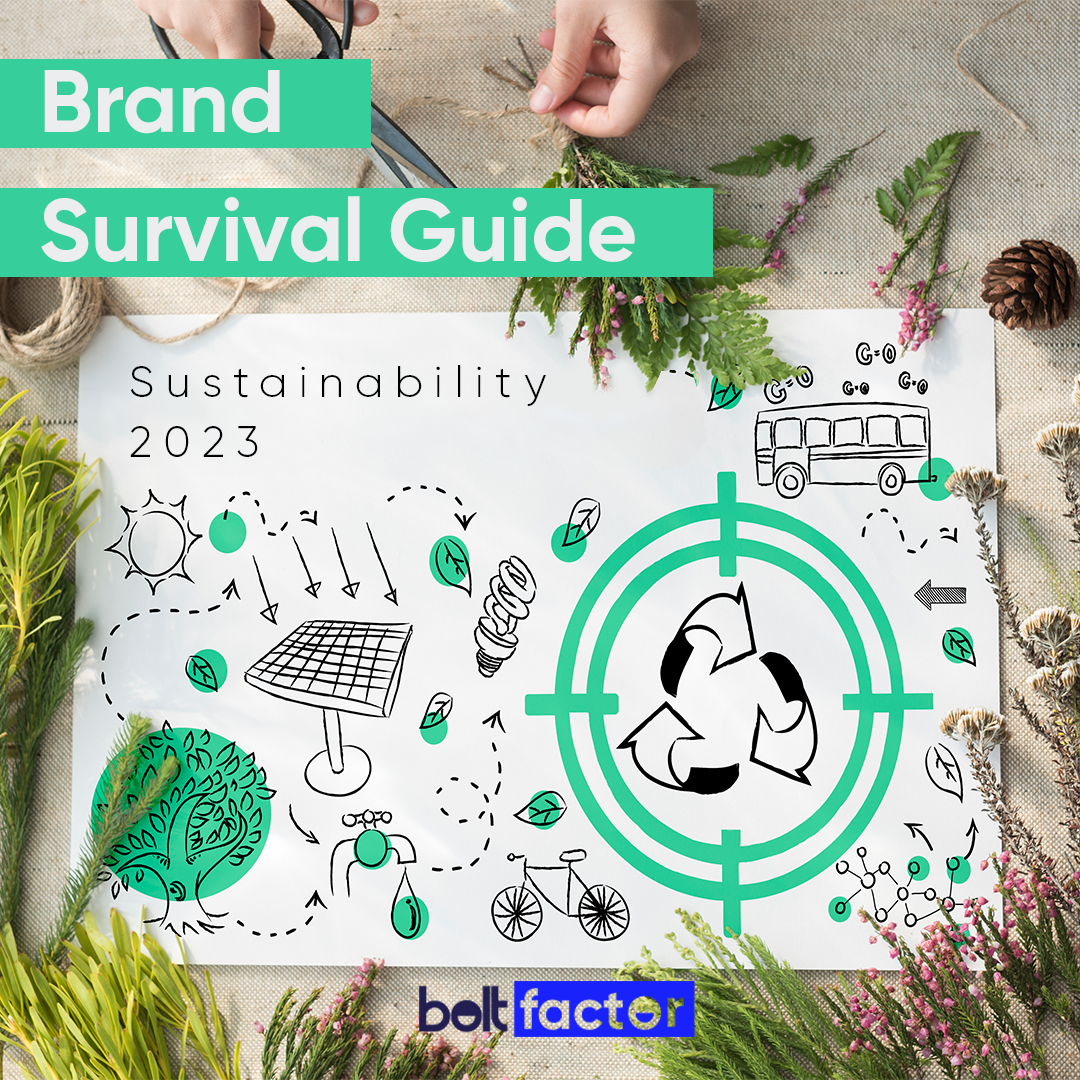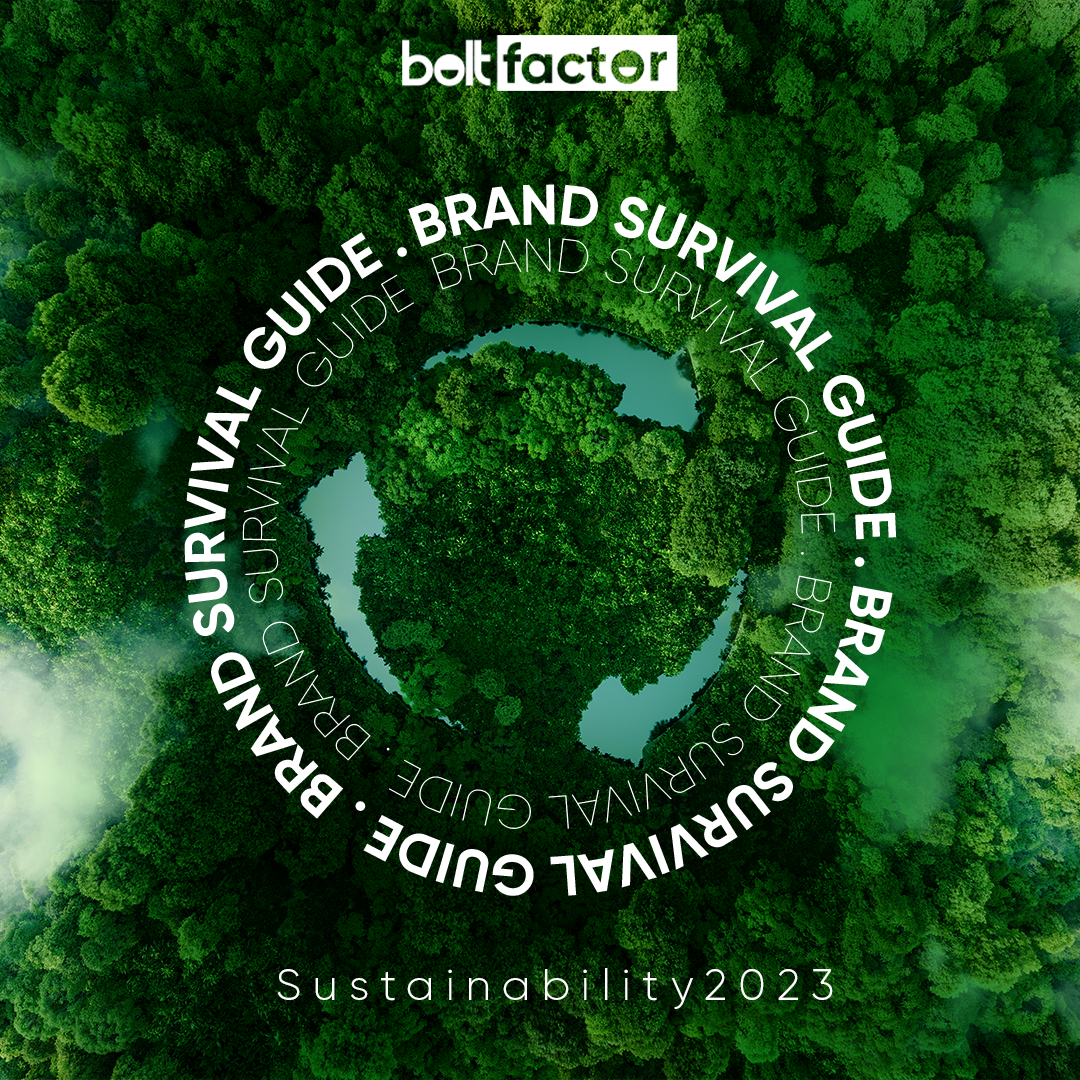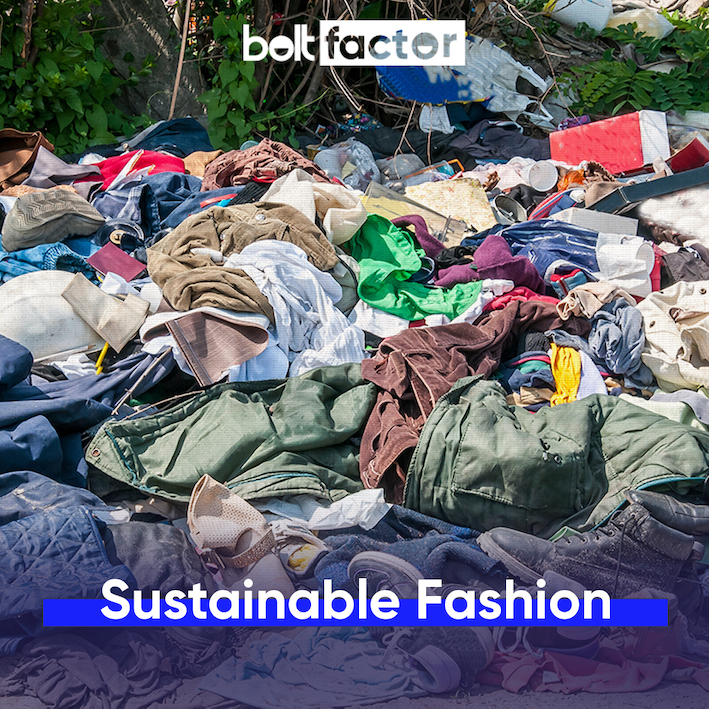5 key insights for Sustainable Future Proofing – A Brand Survival Guide
It’s no secret that consumer sentiment and behaviour can shift rapidly. Global events, socio-economic fluctuations, and emergent trends can all cause sudden changes in consumer priorities, values, and needs across multiple industries. Volatility and uncertainty are – for brands – often the only certainties.

5 key Insights for Sustainable Future Proofing – A Brand Survival Guide
With many of the factors that can trigger these sudden shifts in their customer’s behaviours and priorities seemingly out of their control – brands need to stay consistently agile, alert, and ready to pivot with the fluctuations of their consumer’s priorities.
The importance of listening to, monitoring, and making sure they truly understand their customer’s needs, and values is ever present if brands want to truly stay afloat and on top of emerging trends – that if not addressed head on, can render slow-to-react brands quickly obsolete.
Sustainability: An Undeniable Force Shaping Consumer Behaviour
Sustainability is one such trend that’s become an undeniable force shaping consumer behaviour and attitudes over the last few years – becoming not just a matter of consumer purchasing preference and behaviour, but of lifestyle and values as well.
No longer just a buzzword thrown around; sustainability has become a key issue for consumers who are increasingly conscious of the environmental and social impact of their choices. People are increasingly seeking out eco-friendly products and services, pushing brands to re-evaluate their strategies and embrace sustainability to remain relevant.
In this rapidly evolving market, brands need to adjust and align their values with those of their increasingly environmentally and socially conscious customers.
To find out just how important a topic sustainability really is for consumers – and in turn for brands – we took to social media to interview UK shoppers to diver deeper into how consumer attitudes, perceptions, and behaviours around sustainability are set to impact and define how brands position themselves and operate in 2023 – and beyond.
With responses from hundreds of people from all walks of life, stage stages, and places – here are the 5 must-know takeaways that our study revealed, to ensure that brands use the coming era of sustainability to not just survive – but thrive.

Brand Survival Guide Sustainability 2023
5 Key Insights for Sustainable Survival:
1.For brands, sustainability isn’t a matter of positioning, but of survival…
With 86% of UK shoppers we interviewed saying they would likely stop using a brand if it emerged it was operating unsustainably, brands have more than their reputation to lose if they continue to operate unsustainably.
2. Brands should lead – not follow – to strengthen their position.
With over 75% of UK consumers agreeing that they find it hard to know which brands meet acceptable ethical standards, the brands that act first to cut through this ambiguity and overcome the pervasive knowledge barriers around sustainability can position themselves as trusted leaders of an important cause.
3. Embracing sustainability is future proofing for brands.
Our study showed that sustainability is a key concern for Gen-Z – the generation set to shape the future of the consumer landscape in the UK.
With 85% of Gen-Z’ers saying they feel sustainability is an important issue for them, brands can capitalise on the inevitable shift towards greater sustainability by positioning themselves as sustainable innovators, proactively accelerating the shift – and acknowledging and addressing the concerns and values of Gen-Z consumers.
4. Brands can charge more for sustainable items – particularly when it comes to Gen-Z and Millennial consumers.
40% of people aged between 16-38 said they were prepared to pay between £5 – £15 more for sustainable items. Brands can adjust their prices accordingly and relatively risk-free to cover any increased costs involved in sustainable supply chains as a result of the smaller scale productions, fair wages for workers, and ethically sourced materials used.
5. Engaging with sustainable issues is an opportunity for brands to build trust and connection with their customers.
From their responses, it’s clear that sustainability is an issue that is both important but also confusing for people.
With 85% feeling it’s an important issue, but 60% feeling confused about what sustainability actually means in practice, brands can lead the way and establish themselves as trusted authorities on sustainable issues, and socially conscious innovators.
The current climate provides brands with an opportunity to proactively connect and engage with customers, leading the way – informing and reassuring with claims relating to reducing environmental impact, before building trust further with messaging around steps being taken to ensure fair conditions & wages for supply chain workers, and investments in local communities.

Sustainable Activists Genz and GenX
Sustainability: Sink or Swim?
So there you have it. With over 80% of young consumers considering sustainability an important factor when making purchasing decisions, and 86% likely to stop using a brand if it emerged it was operating unsustainably, it’s clear that sustainability is not just a passing trend, but a fundamental expectation for modern consumers, and a matter of survival for brands across multiple markets and industries.
Brands can no longer afford to ignore this shift; they must embrace sustainability to stay relevant and survive in this competitive landscape. By integrating eco-friendly practices into their operations, developing sustainable products, and transparently communicating their efforts, brands can build trust and loyalty among customers who prioritize sustainability.
The brands that fail to embrace sustainability now not only risk alienating their customers but also jeopardize their own survival in an increasingly competitive market.
In order to stay current and relevant, it’s clear that businesses must wholeheartedly embrace sustainability and integrate it into their core values and operations. Sustainability is no longer just an option; it’s a necessity for long-term success and survival.
Download our Bolt Factor Sustainable Fashion Report to discover more insights.












